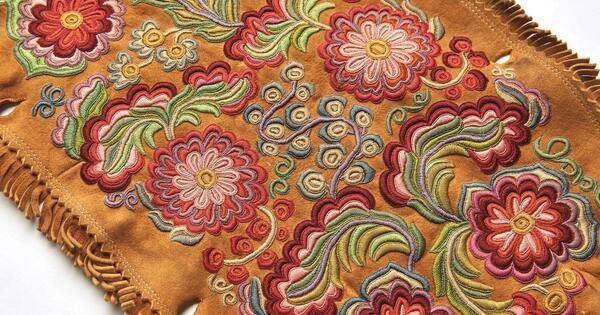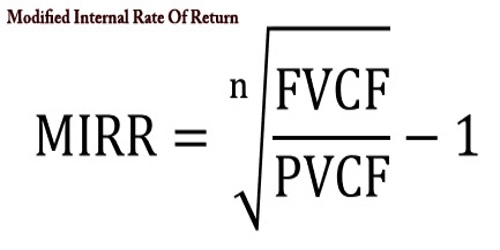Material culture is the collection of tangible things, artifacts, and structures that humans make, use, or modify in order to adapt to their surroundings and meet their requirements. It is the component of culture expressed via a society’s tangible artifacts and architecture. These things are physical manifestations of a society’s beliefs, values, practices, and technologies. The phrase is mostly employed in archaeology and anthropology, although it is also relevant to sociology, geography, and history.
Material culture includes a diverse spectrum of goods such as tools, clothing, architecture, artwork, utensils, furniture, and technology. The field examines objects in light of their distinct cultural and historical contexts, groups, and belief systems. It encompasses the use, consumption, manufacture, and trading of objects, as well as the behaviors, norms, and rituals that the objects generate or participate in.
Material culture studies provide insights on many elements of human life, such as social organization, economic systems, religious beliefs, and cultural behaviors. It can disclose consumer patterns, production methods, and technical improvements. Material culture also changes throughout time, as cultures evolve and adapt to new situations.
Material culture is contrasted with symbolic culture or non-material culture, which include non-material symbols, beliefs and social constructs. However, some scholars include in material culture other intangible phenomena like sound, smell and events, while some even consider it to include language and media. Material culture can be described as any object that humans use to survive, define social relationships, represent facets of identity, or benefit peoples’ state of mind, social, or economic standing.
Anthropologists, archaeologists, historians, sociologists, and other scholars study material culture to better understand past and present societies. Excavation, artifact analysis, and comparative studies are used to interpret the importance of tangible things in their cultural contexts.
Material culture is dynamic, evolving as societies alter and interact with one another. As a result, understanding material culture provides important insights into the dynamics of human societies and their interactions with the environment.
















